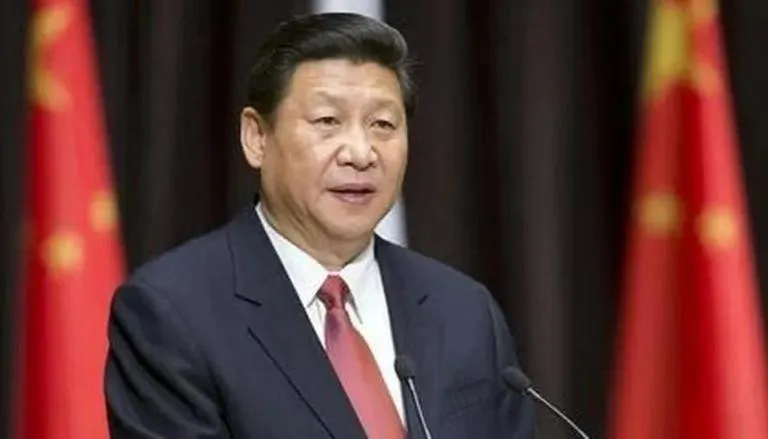Musings From Abroad
Jacinda takes charge of New Zealand after maternity leave
New Zealand Prime Minister and new mum Jacinda Ardern, only the second world leader to give birth while in office, ended her maternity leave Thursday
Musings From Abroad
Brazilian meatpacker JBS invests $2.5 billion in Nigeria, builds six facilities
Musings From Abroad
China’s Xi meets with Morocco’s Crown Prince
-

 Metro1 day ago
Metro1 day agoNigerian Senate confirms influx of terrorists from Mali, Burkina Faso into the country
-

 Musings From Abroad1 day ago
Musings From Abroad1 day agoFinnish court imprisons Nigeria’s Simon Ekpa for aiding terrorism
-

 Metro1 day ago
Metro1 day agoZambia: APP leader lampoons PF over pledge to reverse forfeited properties
-

 Sports1 day ago
Sports1 day agoGhanaian winger Fatawu out for season with ACL injury
























